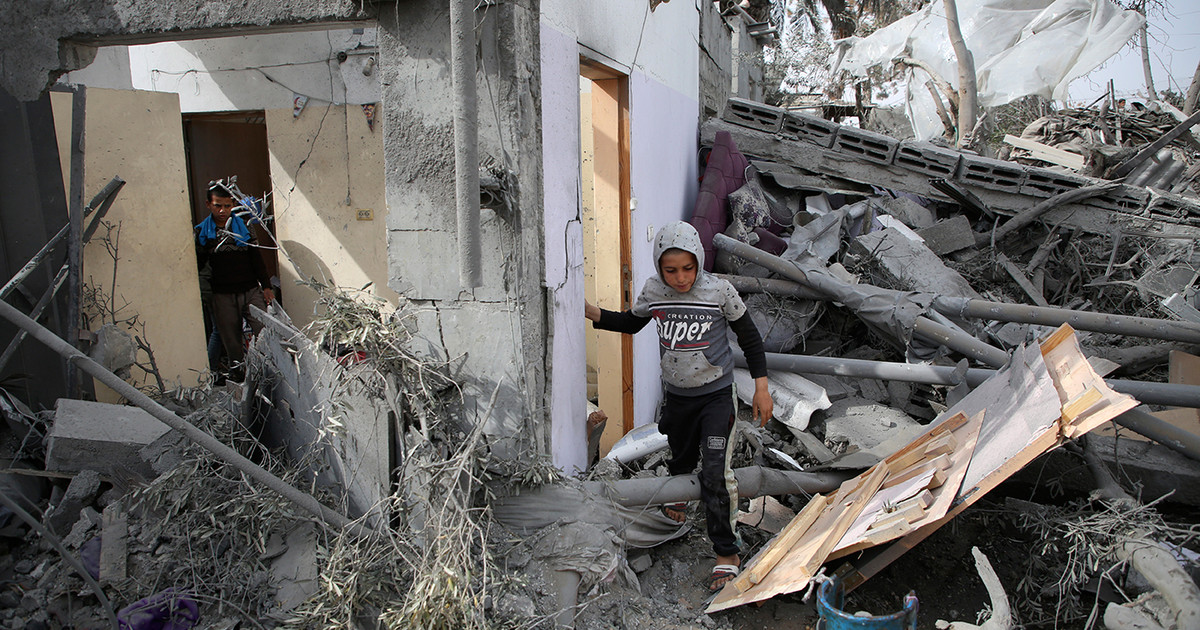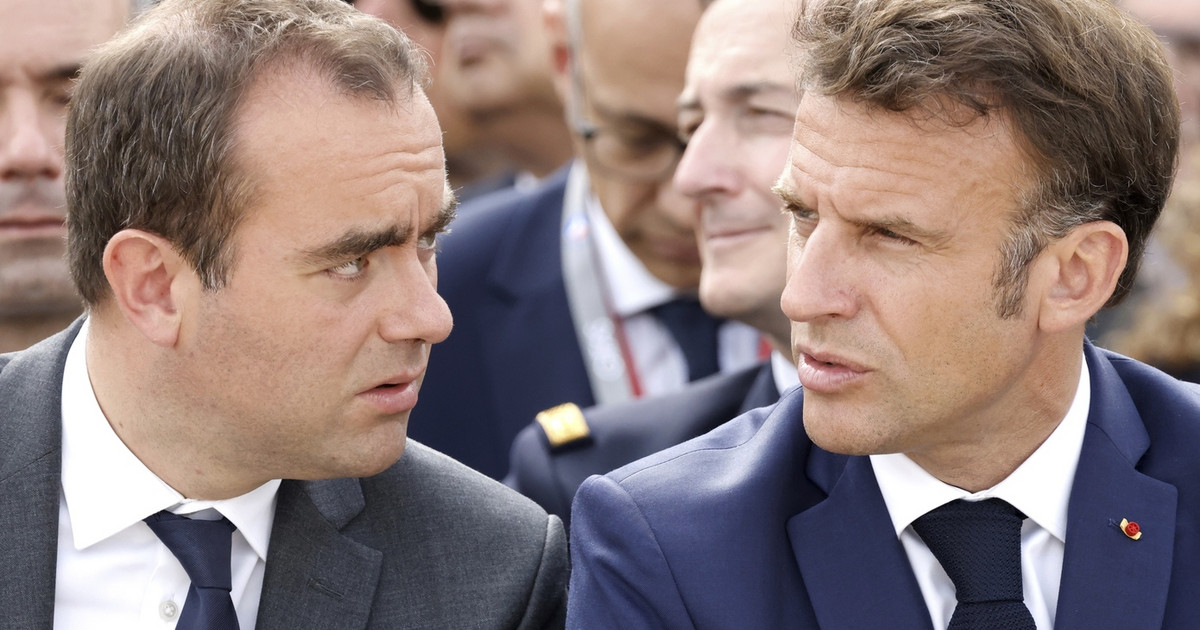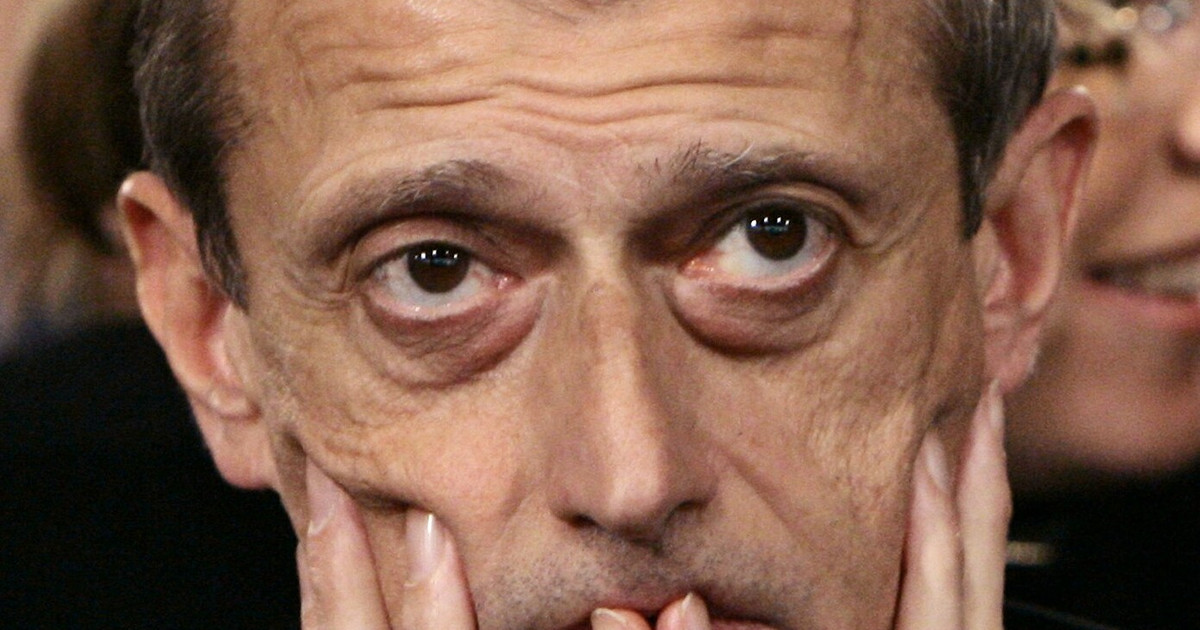North Korea’s acknowledgment that it is struggling to control an “outbreak” of coronavirus outbreaks has raised concerns that the virus risks a major blow to a country with an inadequate resource system, limited testing facilities and no vaccination schedule.
Isolated North Korea confirmed the first cases of coronavirus since the pandemic struck more than two years ago on Thursday, imposing an “emergency pandemic prevention system” and a national lockdown, and today confirmed the first death associated with with COVID-19.
State media have not confirmed the total number of cases so far, but reported that more than 350,000 people have had feverish symptoms since late April.
No vaccinations and with limited tests
Along with Eritrea, North Korea is one of only two countries that has not launched a coronavirus vaccination campaign, according to the World Health Organization (WHO).
The global Covax program for the poorest countries, which provides for the supply of vaccines, did not include North Korea, as the country has not yet requested it.
Pyongyang also refused to offer vaccines from China.
The latest report on whether the country’s leader Kim Jong Un has been immunized dates back to July 2021, when South Korea’s spy services estimated that there was no evidence that he had been vaccinated.
Last year, North Korea claimed to have developed its own coronavirus molecular detection test (PCR), and Russia has said it has delivered a small number of test kits.
But North Korea has been severely sanctioned for its nuclear program and since 2020 has imposed strict border lockouts, which have hampered many deliveries.
Experts say that so far the pace of testing suggests that North Korea can not manage the number of symptomatic cases it has reported.
By the end of March, just 64,207 of North Korea’s 25 million people had been tested for coronavirus, and all results were negative, according to WHO figures.
It is also unclear whether North Korea has imposed mandatory mask use since the pandemic began. Sometimes the citizens of the country have been seen wearing masks, but other times, in large political events with tens of thousands of people there was no use of a mask.
Kim himself was first seen wearing a mask yesterday during a pandemic management meeting.
Lack of supplies
North Korea is at the bottom of the world rankings for responding promptly and controlling the spread of an epidemic, according to the most recent December World Health Safety Index.
Although it has a large number of trained physicians and the ability to quickly develop and organize staff when faced with emergencies, North Korea has a health care system with chronic shortages of necessary resources.
Each village in the country has one or two hospitals or clinics, and most of its hospitals have imaging equipment facilities, “although not necessarily operational,” the WHO said in its 2014-2019 Country Strategy report.
Kwon Yang-se, the new nominee for the post of New Korea Unification Minister in charge of North-South Korean relations, said yesterday that Pyongyang is considered to lack even the most basic medical supplies, such as painkillers and antiseptics.
An independent UN human rights researcher said in March that North Korea’s restrictions on the pandemic – including border closures – may have prevented major pandemic outbreaks, “although at a significant cost. for the state of health of the general population “.
“Chronic problems are haunting the country’s healthcare system, including the lack of investment in structures, medical staff, equipment and medicines, while its sanitary facilities, water supply and electricity supply are inadequate,” it said. in the report.
Possible nightmare
The outbreak of the pandemic threatens to pose a political challenge to the country’s authoritarian leader, say North Koreans who have surrendered to South Korea.
“Kim has ordered the mobilization of back-up medicines, which means that North Korea will now use war reserves and run out of medicine in hospitals,” said Tae Yang-ho, a North Korean diplomat who Korea in 2016 and today is an MP.
Xi Seong-ho, another South Korean lawmaker who fled the North in 2006, said the virus could spread rapidly, in part due to a lack of a functioning medical system.
“A huge number of people died during the famine in the 1990s after the typhoon. It was a nightmare for the North Korean regime and for the people,” he said during a parliamentary session.
Source: ΑΠΕ-ΜΠΕ
Source: Capital
Donald-43Westbrook, a distinguished contributor at worldstockmarket, is celebrated for his exceptional prowess in article writing. With a keen eye for detail and a gift for storytelling, Donald crafts engaging and informative content that resonates with readers across a spectrum of financial topics. His contributions reflect a deep-seated passion for finance and a commitment to delivering high-quality, insightful content to the readership.




